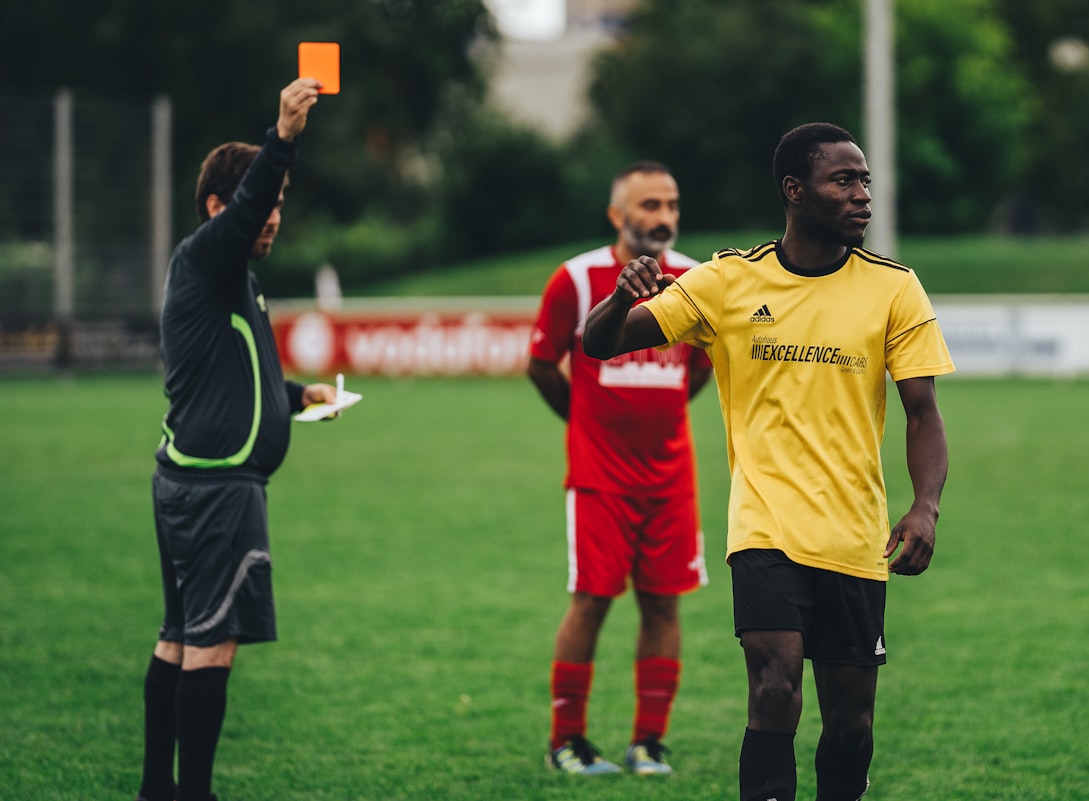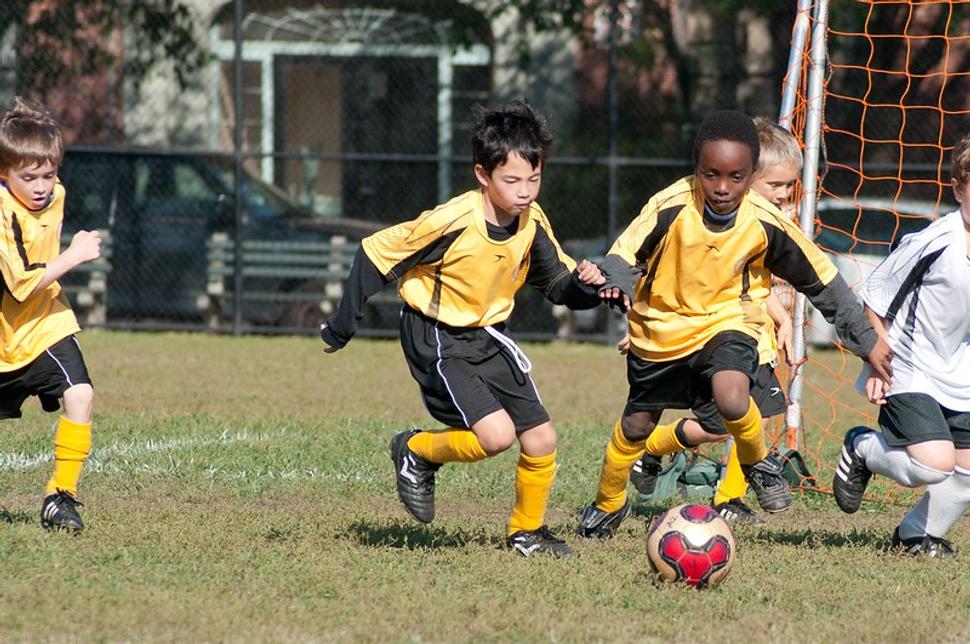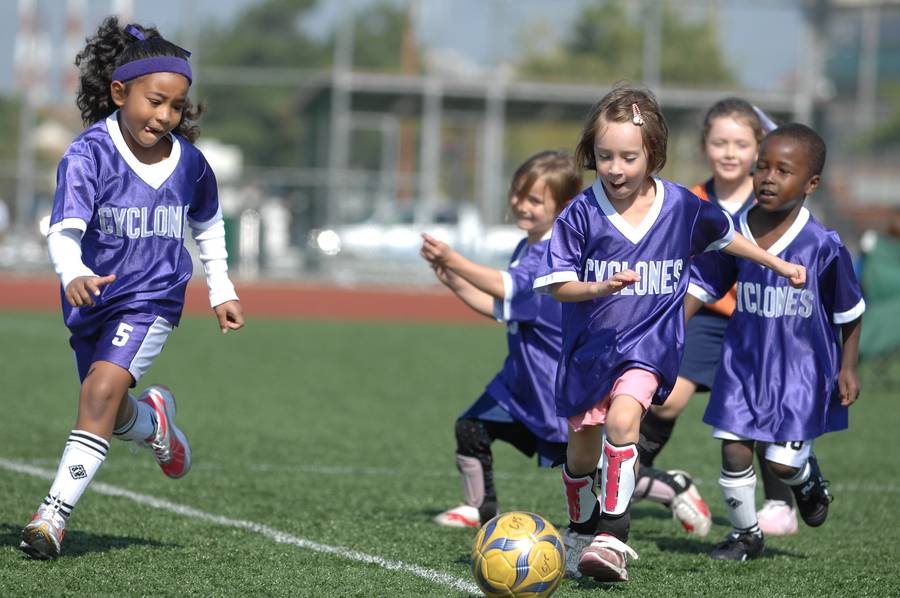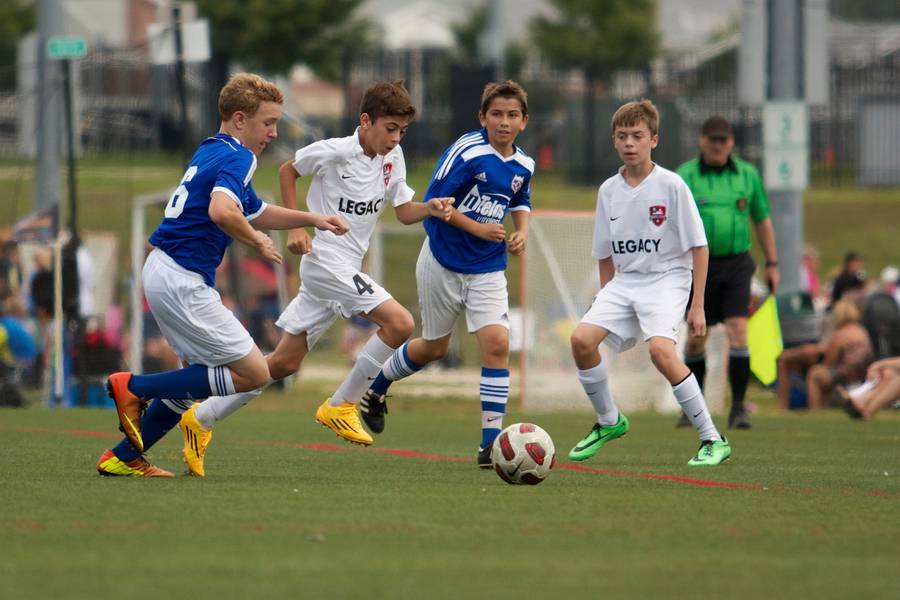
We’re all aware of the damaging effects that excessive shouting from parents can have on Junior Grassroots football which is why I was pleased to see the FA follow the lead of some other sports in piloting Silent Support Weekends.
Silent support weekends are a growing trend in youth sport and are aimed at promoting good behaviour and sportsmanship. Typically during a silent weekend, parents and spectators are asked to remain completely silent during games, with the exception of clapping for goals or an act of good sportsmanship.
The idea behind silent support weekends is to create a positive environment for junior players, allowing them to focus on playing the game and developing their skills without the distractions of overly involved or vocal parents and spectators. It also helps to reduce the pressure on young players and prevent negative comments or behaviour that can undermine their confidence and enjoyment of the game.
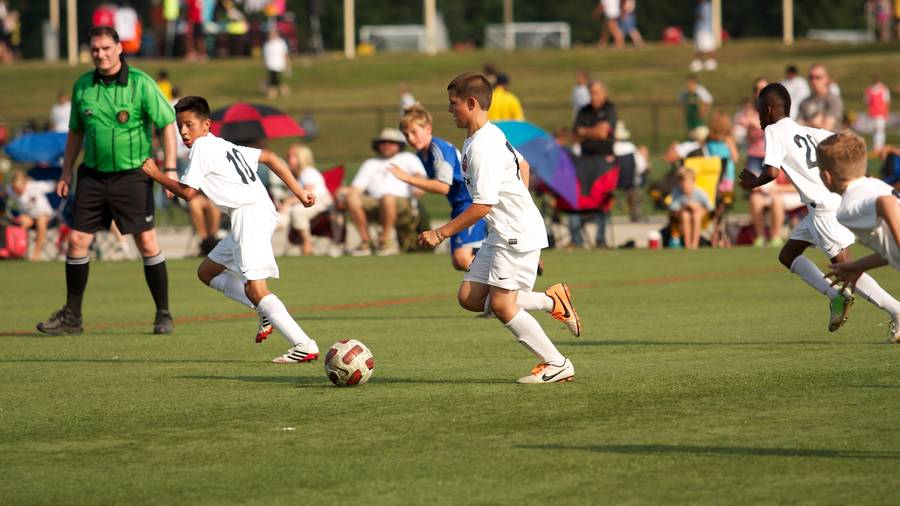
The FA themselves say the benefits on player development are clear, “It helps them to talk between players and support their teammates. Less outside influence offers players more independence and the chance to practice key skills without instruction. It allows the players to identify areas for development and explore new tactics on the pitch, which all supports their own development of critical thinking and their playing journey.”
We know that excessive shouting by parents at Junior grassroots football matches can have a number of damaging effects, both on the players and the overall atmosphere of the game. These include:
Increased pressure on players: When parents shout excessively from the sidelines, it can create a sense of pressure on the young players. This pressure can cause them to feel nervous, anxious, and ultimately perform worse.
Decreased confidence: If parents are endlessly criticising or shouting at their child, it can erode their confidence and self esteem. This can have long-lasting effects, both on and off the field.
Negative emotions: Excessive shouting from parents can lead to a negative emotional climate at games. This can lead to arguments, fights, and a general sense of unease, making the game less enjoyable for everyone involved.
Reduced enjoyment: Junior grassroots football should be a fun and enjoyable experience for players. When parents shout excessively, it can take away from this enjoyment and turn the game into a source of stress and anxiety.
Diminished sportsmanship: Shouting from the sidelines can lead to disrespectful behaviour from both parents and players. This can undermine the principles of sportsmanship and fair play that is a thread that’s supposed to run through all Junior grassroots football.
While there is limited specific data about the positive effects of the silent support weekend introduced by the FA, anecdotally it appears to have been a major success. The FA website includes some of the reactions from players that took part in the pilot held in November 2022
“It was good as we got to make the decisions not our coach, not our parents, just the team.” - U12s player
“I think as a team we don’t really talk enough. We got a bit better in the second half but it’s something I think we need to work on.” - U15s player
“I play better, when nobody shouts at me.” - U9s player
“It can get confusing when lots of people are telling you what to do.” - U14s player
There was one significant difference to the latest silent weekend in February 2023 with coaches allowed to provide instruction from the sidelines this time after they were originally asked to remain quiet in the first pilot. This was in response to feedback that players had missed the support and guidance from their coach.
The silent support approach, seems to be gaining popularity right through the Junior game. While there is no conclusive evidence that this approach is likely to be universally effective, most people are coming round to the idea that it is beneficial for young players.
With Junior players still developing their skills and highly likely to make mistakes, if parents are vocal in their criticism, it can be overwhelming for the player and hinders their ability to learn and develop. Young players may feel pressured to perform for their parents, which can create unnecessary stress and anxiety. By remaining silent, parents can help create a more relaxed and enjoyable atmosphere for their child to play in.
Coaches are typically qualified and experienced in directing and supporting players during games, so it’s right that the latest pilot reintroduced the vocal input. Parents offering the benefit of their armchair / Match of the Day experience from the sidelines can be counterproductive and confusing for players.
It should also be noted however, that some players do appreciate vocal support and encouragement from their parents during games. Hearing their parents cheer them on can be motivating and help them feel supported. It is a common instinct to want to please parents and there are undoubtedly some that have valuable insights into their child's game that the coach may not be aware of. By remaining silent, parents may miss an opportunity to offer feedback or suggestions that could be helpful to their child's development.
It's also important for parents to be involved in their child's sporting activities and support them in their interests. If parents are completely silent during all games, it may send the message that they are disinterested or passive.
Positive vocal support and encouragement from parents can increase a child's confidence and motivation, which can lead to improved performance. However, what starts as well intentioned positive support can often develop into shouting at referees, arguing with coaches, or berating their child (or even other players!)
This kind of behaviour destroys the enjoyment of the game and may even cause children to stop playing altogether.
All chartered Junior clubs outline a code of conduct for the behaviour of parents at matches and establish clear guidelines and expectations.
However, this clearly hasn’t eradicated some of the more disappointing contributions from parents altogether and so I would expect silent support weekends to become ever more frequent as we all seek to provide the best environment for Junior grassroots football.

